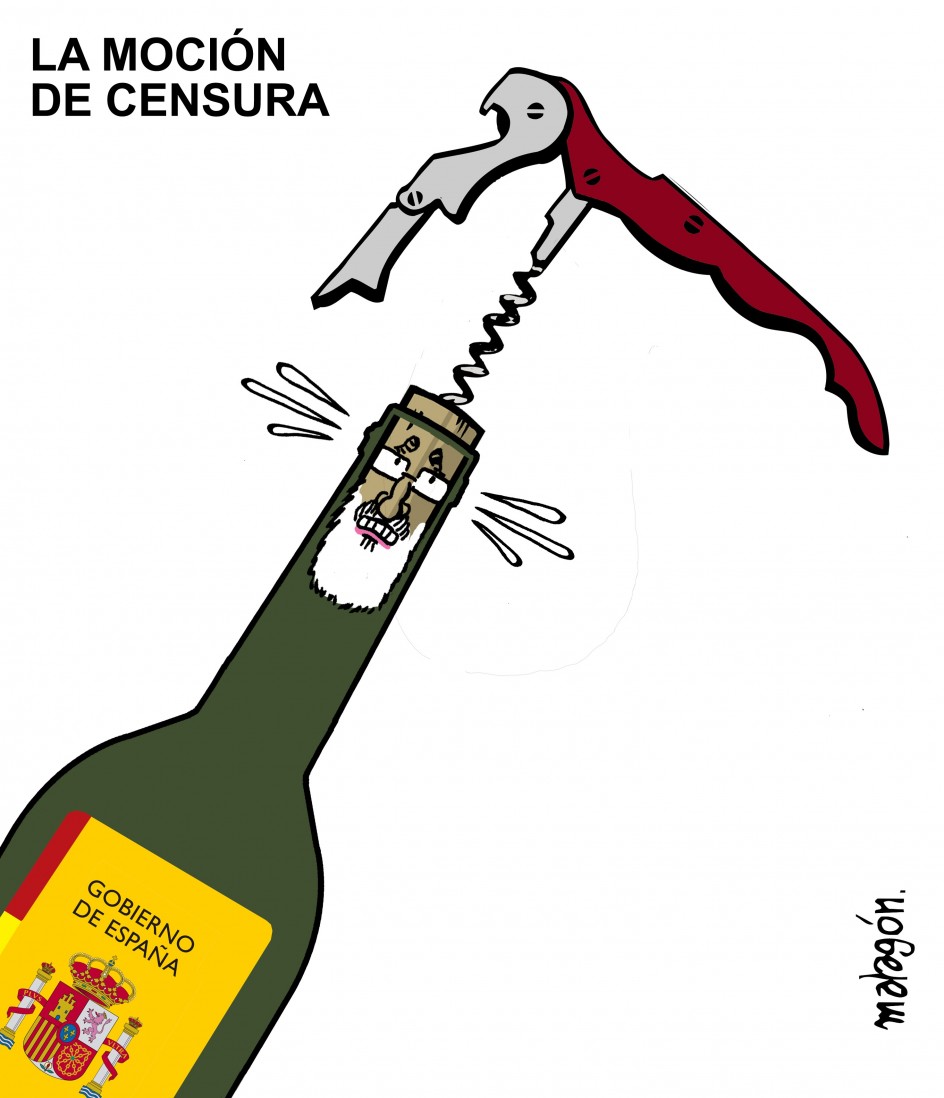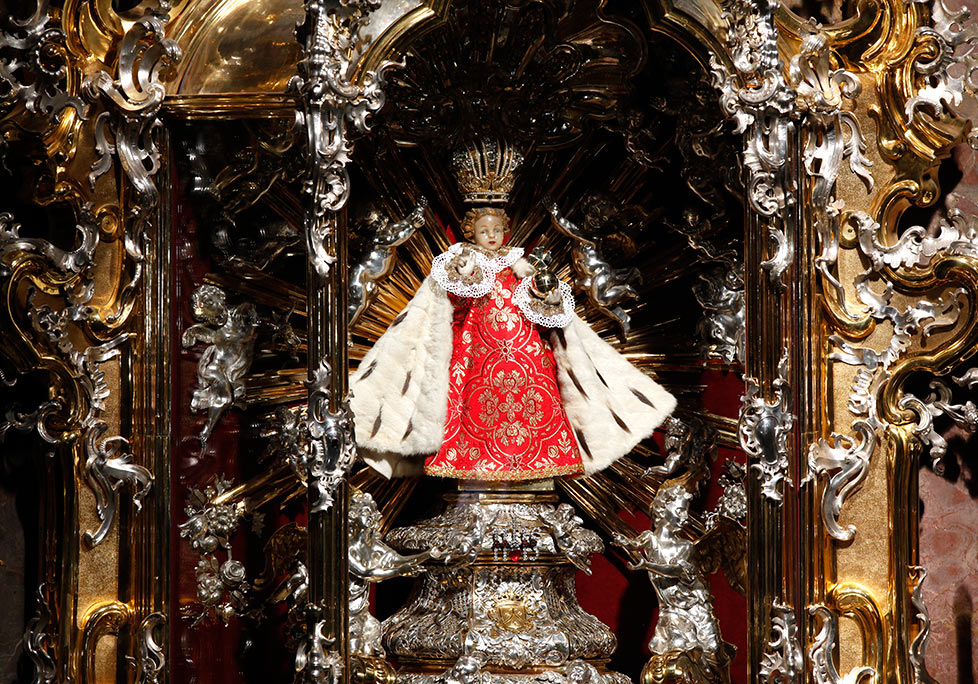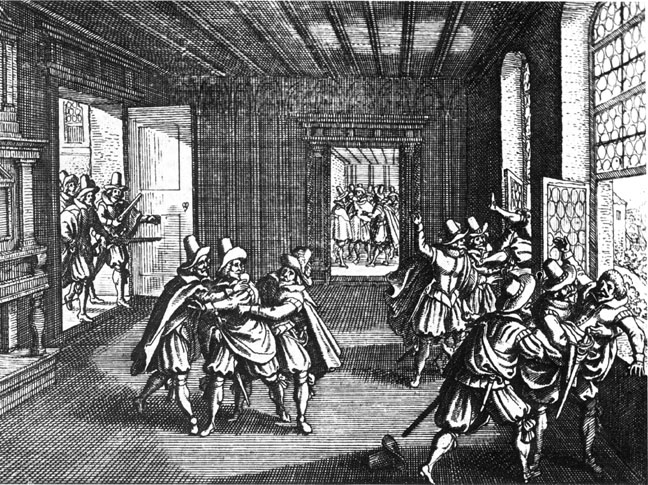Promised success or called to be effective?

Words do have some measure of intrinsic meaning (etymology) but meanings change over time and in different contexts, so the real meaning of words is to do with what they communicate. In seeking to contrast the words ‘effective’ and ‘successful’ I need to explain the meaning I am seeking to inject into them. There has been a lot of emphasis on being an overcomer, being successful in both the Christian and non-Christian world, with very little critique on how that personal success impacts on others. One of the great challenges, for example, in the world of commerce and business is how to analyse the impact a business is making. Success might be measured in terms of the market share or the so-called bottom line, but how does one measure the resulting shift in the health of society? For this reason I consider that the better term to use is effectiveness. Success is measured by what I have achieved, effectiveness is measured by what I enable others to achieve, how I enable them to both discover who they are and what their contribution to the future is. I am not suggesting it is easy to measure, but what it does mean is I am not driven by a success measurement, but by a desire to see a shift beyond me for the sake of others.
Steve Lowton has recently put out a set of videos on ‘authenticity’. They carry a real weight and I recommend them. In the fifth in the series he explains a little about his journey of seeking to make a difference to the global trade routes, a journey that meant he lost considerable amount of money. Here is that video:
‘Failure’ pushed him into gardening (the original call on Adam and the way in which God first revealed himself). His first contract came from a place called Follifoot!! Given that Steve was instrumental in a walk to Rome (and beyond) the name was indeed a challenge. I have been glad to know Steve over years; he and Kathy have been a huge influence on our lives and values. Success makes us feel better but a desire to be effective makes any assessment over out lives on hold, waiting for the only fully true (and very generous) assessment that will come our way in the future.
I think one of the paradigms we have to shift from is the super-hero mentality. I fear where we have been driven to succeed, to tell the ‘success’ story that we could end up denying the very Gospel that calls us to align with Jesus to effect the wider world and those around us.
I am convinced that the many unknown people who have stumbled through life but motivated to serve, who have that tendency not to think of themselves too much will be the ones rewarded greatly, for no cup of cold water will be forgotten. Perhaps those who are sure they have accomplished so much for Jesus maybe should take a time out to ask if their personal assessment comes close to his.
I am glad we can fail. We can aim high, give it our best shot and come up short. We can re-assess, try again, do it better, or just realise for whatever reason we are not going to make it the way we thought we were. There is something so much bigger than our success at stake, and the time frame is not limited to our three score years and ten. The apostolic, Paul suggests, is marked by great patience. Waiting for something to change that might not shift for a century or two ahead, that is great patience, and into that shift the wonderfully encouraging stories of success play their part, as also do the ‘follifoot’ stories.
And finally – any resemblance to Gayle and I in the accompanying image is purely coincidental.








